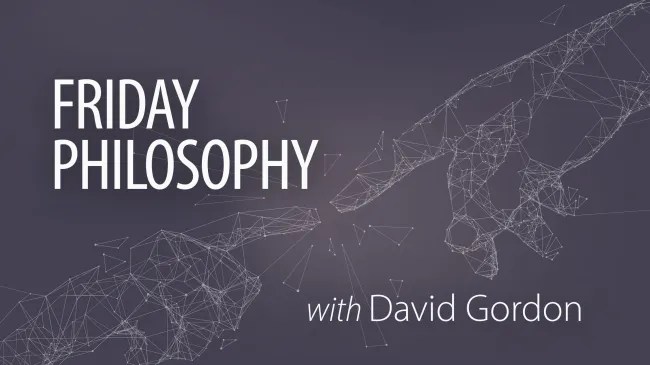The Contested Meaning of the Constitution
While many people have declared the US Constitution to be “crystal clear” on issues of governance, the truth is that much of what the Constitution says is disputed. The first step toward more consensus is understanding that the Constitution is interpreted by fallible people.










